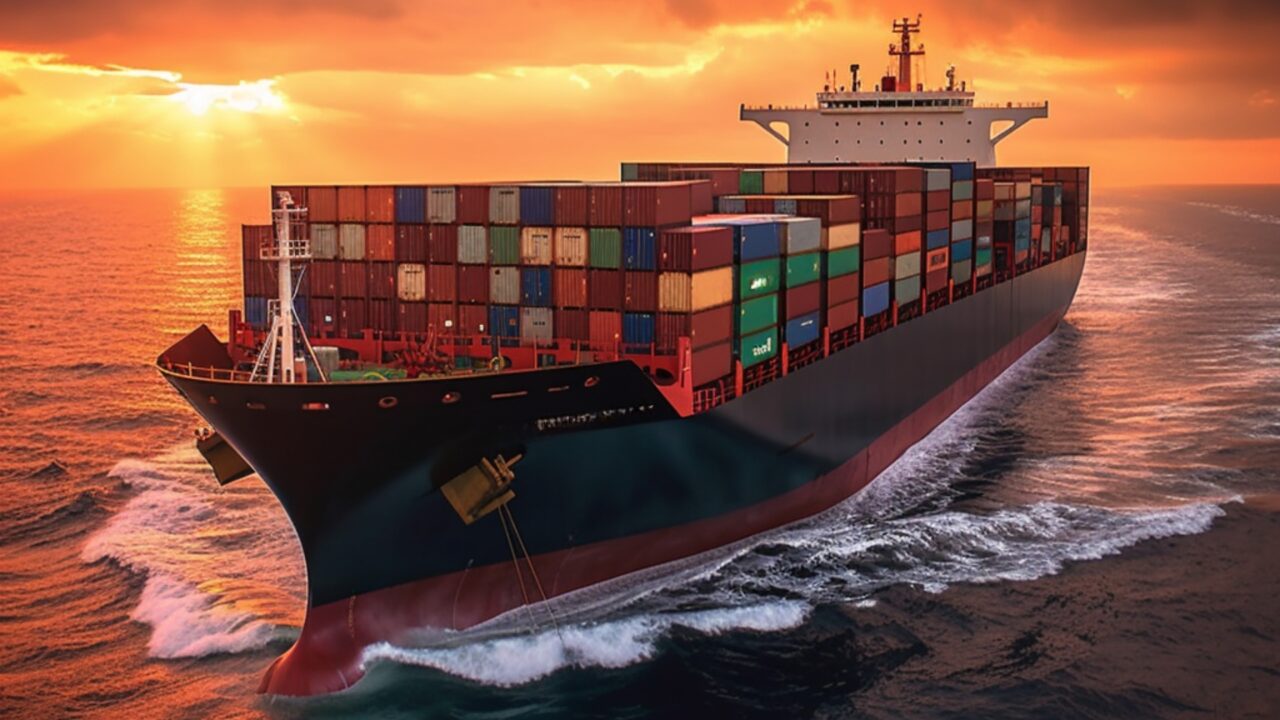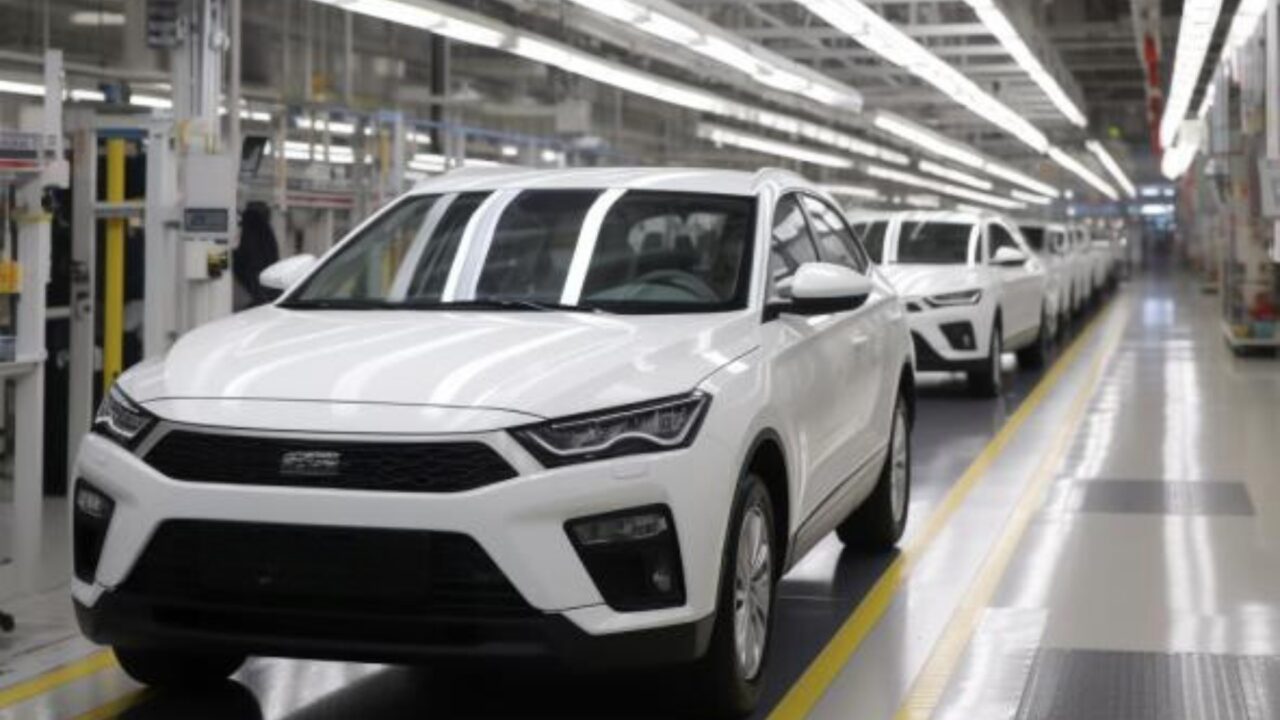Get the latest electric vehicle news covering the EU and UK’s extended trade deadline for EV makers, Geely’s logistical hurdles due to Red Sea tensions and BYD’s ambitious plans for a new electric car factory in Hungary.
Big News for Electric Cars: EU and UK Agree on New 2026 Deadline
In a landmark decision benefiting the electric vehicle (EV) industry, the European Union and the United Kingdom have agreed to extend the deadline for EV makers to comply with local content rules to the end of 2026. This significant move, pushing the deadline from the previous 2024 cut-off, is poised to save manufacturers and consumers up to £4.3 billion in additional costs.
The EV market forms a crucial part of the trade between the UK and the EU, with each region being a key export market for the other. This sector is especially important as it represents a sustainable alternative to traditional vehicles powered by fossil fuels. The deadline extension, initially proposed by the EU, received formal approval, showcasing a collective effort to address the industry’s concerns and promote the growth of environmentally friendly transportation.
British Prime Minister Rishi Sunak commented on the decision, highlighting the government’s dedication to the automotive sector and its efforts to strengthen the domestic battery industry. This extension is expected to offer substantial benefits not only to the automotive sector but also to the broader goal of reducing carbon emissions.
The automotive industry, including major players like Stellantis, had expressed concerns about the original 2024 deadline, indicating potential challenges such as plant closures. The UK’s motor industry association has warmly received this extension, citing its positive impact on consumers, economic growth, and environmental sustainability.
Electric Car Challenges: Geely’s EV Exports and Red Sea Trouble
Chinese automotive giant Geely faces significant challenges in exporting its electric vehicles (EVs) to Europe due to shipping disruptions in the Red Sea. These disturbances have led to rerouting ships, resulting in increased transportation costs and potential delays in deliveries.
Geely, ranked as China’s second-largest automaker by sales, revealed that most shipping companies are opting to sail around Africa, bypassing the shorter Suez Canal route. This decision is a direct response to hostilities in the Red Sea, where Yemen militants have been targeting vessels. The rerouting through the Cape of Good Hope significantly increases shipping costs and is expected to create a shortage of vessels by late January.

This development highlights the complex and interconnected nature of global logistics and its impact on the automotive industry. The rerouting decision comes amid a broader context of increasing electric vehicle exports from China to Europe, with a 147% increase in the first ten months of the year.
Geely’s situation underscores the challenges faced by the automotive industry in navigating geopolitical events and the need for resilient and adaptable supply chains.
BYD’s Big Plans: A New Electric Car Factory in Hungary
Chinese electric vehicle (EV) manufacturer BYD is on the brink of securing a significant investment deal for a new electric car factory in Hungary, marking a major expansion in its European operations. The proposed facility in Szeged, southern Hungary, means they are on track to become the largest trader in the European EV market by the end of the decade.
This new factory represents a strategic move by BYD to expand to capture a significant share of the European electric vehicle market, aspiring to become the top seller and to account for one in ten electric cars sold in Europe by 2030.

The ongoing discussions with the Hungarian government underscore Hungary’s increasing prominence in the automotive sector, particularly in electric vehicle and battery manufacturing.
BYD’s expansion in Hungary is part of a broader trend of Chinese automotive investments in Europe, reflecting the shifting dynamics in the global EV market. The new facility, strategically located near the Belgrade-Budapest railway line, part of China’s Belt and Road Initiative, highlights the increasing global footprint of Chinese automotive companies.
This development is indicative of the growing competition and collaboration in the global automotive industry, particularly in the rapidly evolving electric vehicle sector.
